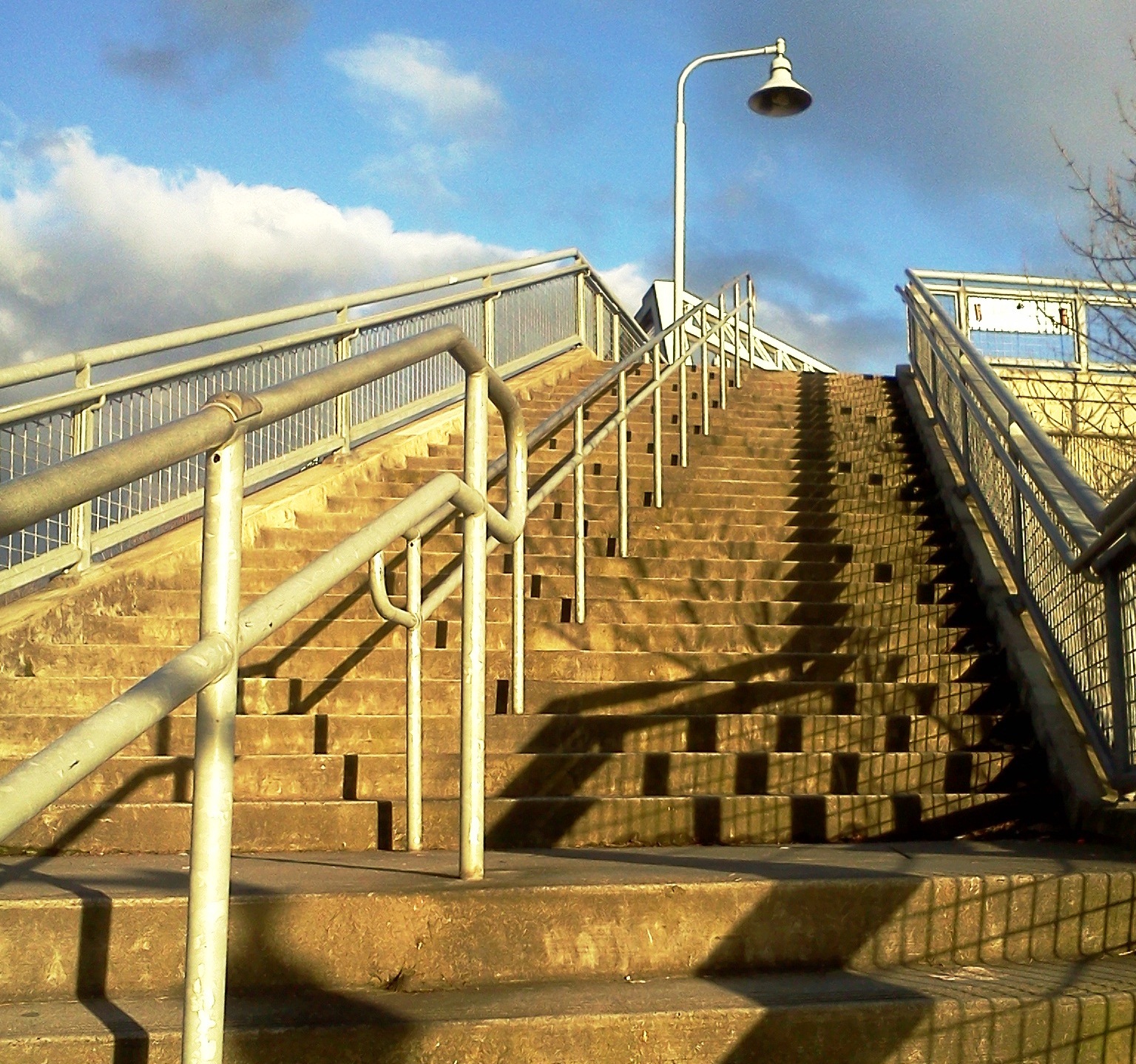Unlikely Connection – Natural Kindness
On Wednesday of last week I heard a story. It was a story of a little boy, a four-year-old skipping and playing and laughing because he had completed two chemo-therapy treatments and for the first time in almost as long as he could remember, he didn’t feel icky. He felt great! Despite his cancer, and almost as if he’d forgotten he had it, he wanted to jump and run and swing with his dad. He wanted to build stuff and knock it down, and in quiet times he wanted to hear funny books read to him over and over.
His dad, on the other hand, was sadder than sad carrying the nearly incomprehensible fact that his son is dying. He wanted to play and laugh and be present as possible with his precious boy, and he did, but the pain of it was still enormous.
Then on Thursday, a dear friend of mine came to speak with my class. My friend is Chippewa and Cree. She is one of many children. She and her siblings have faced tremendous odds, not all making it to the point where my friend is now – a grandmother, a doctoral student, a successful business woman and consultant. Thursday evening she told stories to my class. Among them were stories of the work she does with other volunteers to support Native American women in prison as they investigate and claim the traditions of their families and tribes. This is deeply spiritual and deeply personal work and it is saving lives.
My friend spoke with my class because it was important to her. The timing was tight since only two nights later, on Saturday a major event occurred for which she had primary responsibility. Nearly 1000 people attended the gala fundraiser. Focused on regional wines, the event and generated $2.85 million for distribution among child and family service agencies in the Columbia River region.
I did not attend the event. I also do not personally know the son and father from the first story. But I see clearly the circle they draw. In that circle, I know again that the stories behind the faces we see are always richer and more complex than any story we may tell ourselves about them. And I know again that the connections between us are real and constant and more likely to be kind than cruel. Connections like those forged by my friend between the women serving time in prison and their ancestral roots. Like the connection she also catalyzed between people in their fancy clothes buying wines and the son and father living and laughing together through the boy’s remaining days.
There is no doubt that cruelty exists. Circumstances arising from the way we treat one another and ourselves can be dire. They can look like poverty or abuse, like terminal illness or misguided actions that lead to prison. They can also look like economic sequester, like GMOs. Like water unfit to drink or like wasted school years.
But the connections – between the boy and his father, between the Tribal Elders and the Native American women prisoners, between aficionados of classic wines and the children and families of a region – these connections between everyday people who wish one another well are the antidote to cruelty. These are the exchanges that make possible enduring the changes we would wish to avoid. And these are the relationships that nurture the innovations that can see us into the changes for which we all long.
Pay attention. Listen to the ways we are connected. Be present for all the laughter you can hear.
 Clare Consultation, LLC
Clare Consultation, LLC